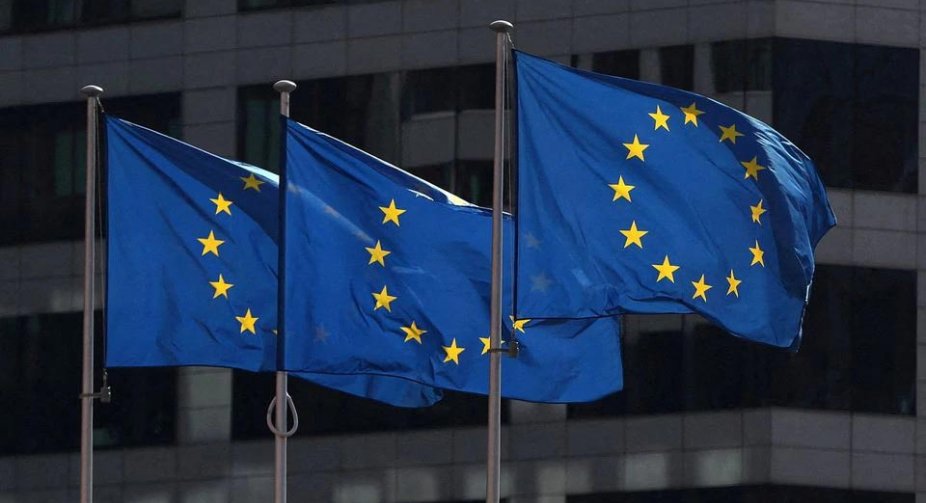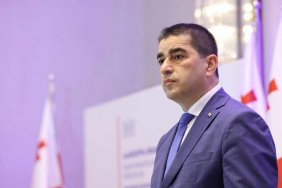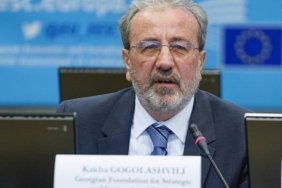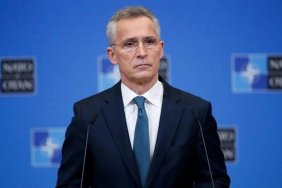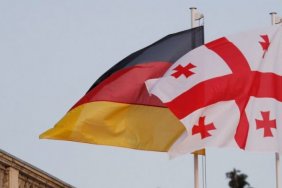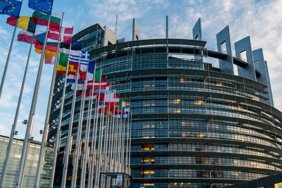The European Union ambassador to Georgia and all ambassadors from the bloc’s member states in Tbilisi are now meeting with Georgian economy minister Levan Davitashvili to make a demarche on resumed Russia-Georgia flights.
According to the EU representation in Georgia, demarche is being implemented on behalf of 27 EU-member states.
Russia on May 10 lifted visa and travel restrictions with Georgia on the backdrop of its ongoing aggression against Ukraine. The Kremlin canceled direct flights with Georgia in 2019 in response to anti-Russia protests in Tbilisi, while it maintained a visa regime for Georgian citizens since 2000.
The Georgian government accepted the moves considering “humanitarian interests”, and claimed imposing individual sanctions on Russia would affect the state economy and the Georgian people amid the absence of “any international security umbrellas”.
The EU and the US have warned Tbilisi of potential sanctions and said it was not the “right time” to intensify relations with Russia, especially when Moscow continued the occupation of 20 percent of Georgian territories.
Georgian citizens have met resumed flights with protests, with several demonstrators detained during related rallies.
